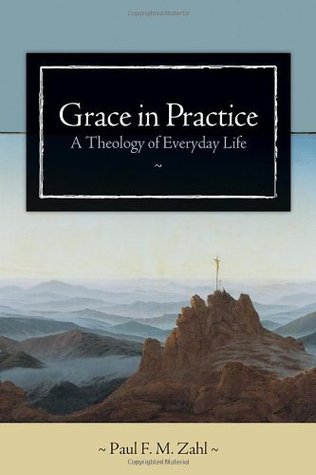Kindle Notes & Highlights
The law, which is any form of external command, provokes the opposite reaction from the one it is intended to provoke. Instead of inciting obedience or submission, it incites rebellion. It provokes revolutionary resentment.
The big idea in the Bible is the relationship of God's law to the self-absorption of the human being.
Any judgment, any evaluation - even if it approves and speaks a blessing - will be heard as a negation. This is an absolute first principle of this book. Law is an attack. It is heard as a negation by its recipient. All laws are negation. God's law is the negation.
People do not wish to be challenged. People wish to be comforted. They wish to be supported. They wish to be encouraged and sustained. What people wish is to be loved.
The law of Moses, which in my theology is the law of God, is upright and beautiful. It is "perfect ... true and righteous altogether" (Psalm 19:7-9), but it does nothing to create the state that it requires. There is not one enabling word in its arsenal. When Moses came down from the mountain, he came down with the truth but not the means with which to apply it, save by suppression through the instrumentality of judgment.
Scripture's meta-narrative is ethical.
Repentance is felt sorrow, sorrow in your very marrow, for what you have been and done. Repentance not only covers shame at what you have done but also includes shame at who you are, as in the parable of the Pharisee and the tax collector (Luke 18:9-14). Repentance is not a disposition in relation to the future. It is a disposition in relation to your personal past.
The future, which Paul would later call the "fruit of the Spirit," flows totally from the "sorry." The past resolved gives the present its only chance. The future is the Spirit's job.
How else can we explain Christ's one-line attraction to sinners, "I
have come to call not the righteous but sinners" (Luke 5:32)? Unlike the Pharisees, who judged the world from the platform of the law, Christ ended the law for people who lived in its failure.


